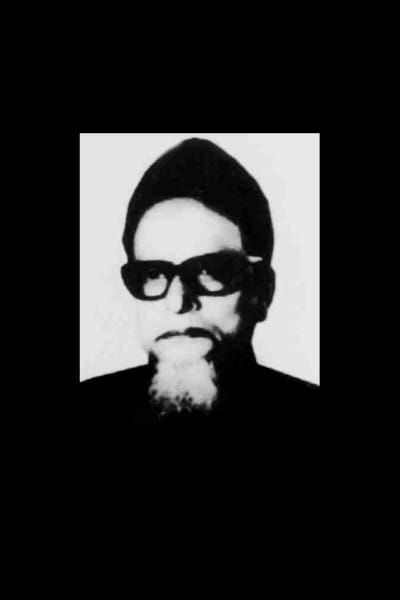A judge of the highest standing

We can recall with respect that Justice AB Mahmud Husain was the second chief justice of Bangladesh, immediately after the constitution of the Supreme Court. Thereafter, following the adoption of the Constitution and after the Supreme Court formally assumed the role of the guardian of the Constitution, Justice AB Mahmud Husain presided over the Supreme Court as chief justice from November 18, 1975 to January 31, 1978.
He had earned respect from all quarters as the assistant government pleader from 1952 to 1956 in the High Court of East Pakistan. He was also the advocate general of East Pakistan in 1964. He was then elevated to the High Court Division on January 18, 1972. He was widely respected as a civil lawyer of high standing.
As a chief justice, the majority of his judgments were delivered on matters of constitutional law. He had always stressed on the importance of the rule of law, social values, and doing justice to the common people. In a reception ceremony after his appointment as the chief justice of Bangladesh, Mahmud Husain made a wise utterance saying, "The rule of law could find full expression only in society conscious of human values. For this, love for the juniors, respect for the elders and fellow feelings for the equals were needed".
He always sought to serve the public interest and was sensitive to the sufferings of the unprivileged members of the society. He helped to secure justice for all through his numerous insightful and well-reasoned judgments. As a judge he had delivered many judgments making important pronouncements on the points of law. In one of his landmark pronouncements, Bangladesh Small Industries Corporation, Dacca v. Mahbub Hossein Chowdhury 29 DLR (SC) 41, he decided that the employees of a statutory corporation are neither in the service of the Republic nor are to be treated under the general principle of master and servant, but their service has a public character regulated by statutory provisions, and they cannot be dismissed from service without giving them an opportunity to be heard. In another seminal judgment, M/S E.P. Lamps Ltd. Dacca v. Pakistan and others 27 DLR (AD) 147, he decided that objection to the abatement of the appeal for non-service of a notice on the government, though was served on the attorney general, is a technical one and must fail.
He always sought to ensure the rights of every human being. In 1976, in a research and training programme of the United Nations, Mahmud Husain, while discussing the Farakka Dam issue, said in clear terms that "if the kindred feelings dormant in our hearts are brought forward, we cannot think of depriving the people from their homeland nor can we deprive anyone from their natural resources, far less from enjoying the water of the natural resources."
During his tenure as chief justice, he had emphasised on the need for establishing the rule of law and a legal aid system. In this regard, he observed, "In an overwhelmingly poor country like ours, the value of the efficiency of the rule of law will prove futile without an appropriate legal aid system".
Justice Mahmud Husain was mindful of the role of lawyers in doing justice to the people and success of the judiciary. In this regard, he said that the cooperation of the lawyers' community is essential for the success of the judiciary which is the custodian of the rule of law. The judiciary can discharge its duties properly only with the cooperation of dedicated and honest lawyers. He also used to remind lawyers of their professional duties towards society and the service of justice.
According to him, "lawyers should lead people towards attaining, establishing, and doing justice".
Dr Kamal Hossain is Senior Advocate, Supreme Court of Bangladesh, an eminent jurist and one of the architects of the Constitution of Bangladesh.





Comments